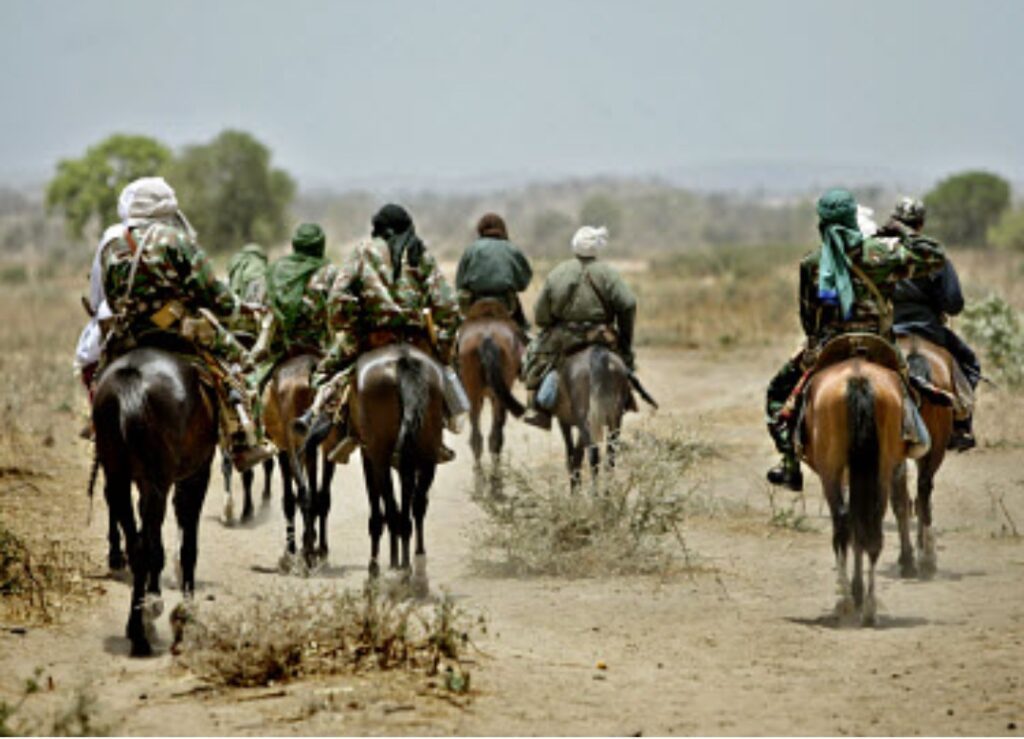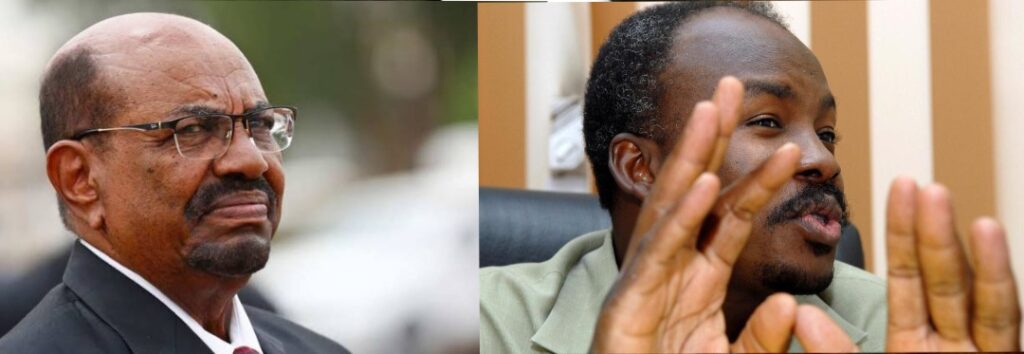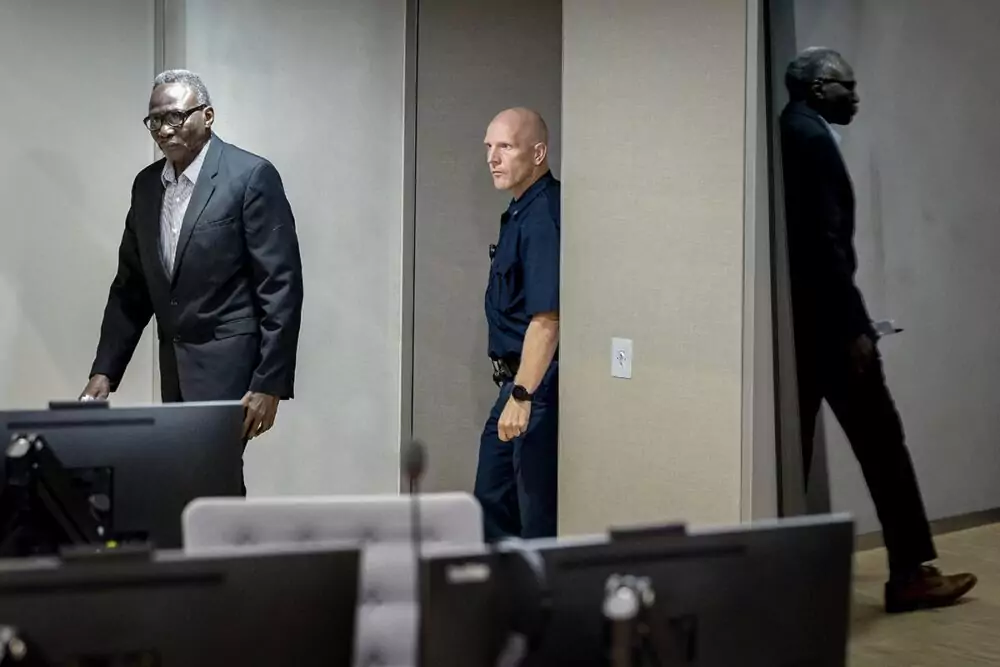A journalist & academic with a Ph.D. in applied linguistics. He works in various fields; teaching, translation, editing, writing for digital newspapers, and human rights defense.
The latest news:
THE HAGUE, Netherlands (AP) — The International Criminal Court on Monday the 6th of October convicted a leader of the feared Janjaweed militia of playing a leading role in a campaign of atrocities committed in the Sudanese region of Darfur more than 20 years ago — including ordering mass executions and bludgeoning two prisoners to death with an ax.
It was the first time the court has convicted a suspect of crimes in Darfur. The three-judge panel ruled that the atrocities, including mass murders and rapes, were part of a government plan to snuff out a rebellion there.
Ali Muhammad Ali Abd–Al-Rahman, also known as Ali Kushayb, wearing a suit and tie and listening through a headset, showed no emotion as Presiding Judge Joanna Korner read out 27 guilty verdicts. He will be sentenced at a later date. He faces a maximum life sentence.
—————————-
This was published before the verdict:
In the court of the Hague’s International Criminal Court (ICC), a well-dressed man in a suit and tie stood before the judges and confidently defended: “I am not Ali Kushayb”. It was an attempt to shed the moniker that identifies him as the alleged commander of the dreaded Janjaweed militia, the focus of the ICC’s first Darfur-related case to reach a verdict.
In a case that has lasted two decades, the (ICC) is poised to deliver a landmark verdict. On 06 October 2025, the court is set to rule on the fate of Ali Abd-Al-Rahman, a man whose trial has become synonymous with the atrocities in Darfur, Sudan.
The proceedings mark a significant step toward accountability for the “dark chapter” of Sudanese history in 2003. It was then, in the western region of Darfur, that the regime of ousted President Omar al-Bashir launched military operations against rebel groups. The government soldiers backed a mounted militia the Janjaweed, meaning “a man on a horse with a jem weapon” or “devils on horsebacks” that unleashed systemic terror.
According to the court, these militiamen with back of the Sudan Armed Forces (SAF) swept through villages, targeting the Fur, Masalit, and Zaghawa communities with horrifying brutality: killings, burning, and the widespread use of rape against women and girls.

Abd-Al-Rahman, faces 31 counts of war crimes and crimes against humanity allegedly committed between 2003 and 2004 in West Darfur. Prosecutors argue he was a leading member of the Janjaweed, passing orders between the central government and the militia and personally participating in attacks. During closing arguments last December, Prosecutor Karim Khan directly accused him of being the orchestrator of systematic murder, rape, torture, and looting, specifically citing attacks on villages in the Wadi Saleh area where “Kushayb” held a prominent leadership position.
Ali Abd-Al-Rahman voluntarily surrendered to the ICC in 2020 through the Central African Republic, escaping from Sudan where he had been since his indictment. His trial, which began on 05 April 2022, moves toward a close while other high-profile suspects including former President al-Bashir and Ahmed Haroun remain protected by the SAF.

Omar al Bashir & Ahmed Haroun
The significance
In 2003 the UN Security Council referred the situation in Darfur to the ICC in March 2005. This case is the first of its kind to reach a verdict before the court regarding crimes in Darfur, while other cases against former Sudanese officials including the former president Omar al Bashir and Ahmed Haroun remain pending
The trial of former Janjaweed militia leader Ali Abd-Al-Rahman at the International Court for atrocities, including war crimes, crimes against humanity, in Darfur between 2003 and 2004, is a significant step toward justice for victims and a powerful affirmation that major crimes will not be forgotten.
Abd-Al-Rahman is the first ICC fugitive from the Darfur case to appear before the court. This trial is particularly relevant now as Darfur, especially West Darfur and the city of El Geneina, is again an epicenter of ethnic-based violence with widespread killings and destruction, allegedly by the Rapid Support Forces (RSF) and allied Arab militias, amidst the ongoing war in Sudan.
The ICC Prosecutor, Karim Khan, said they would launch urgent investigations in mid-2023 into current allegations of war crimes and crimes against humanity in Darfur, confirming the court’s mandate extends beyond past crimes.
This trial reinforces the principle of legal accountability for senior figures and may encourage new victims to seek justice while pressuring other high-profile fugitives, like ousted President Omar al-Bashir, to surrender. Despite the UN Security Council is not unified to make decisions on human rights situations in Sudan. The verdict of ICC on 06 October offers a glimmer of hope that justice is possible and helps break the cycle of impunity in the country.


